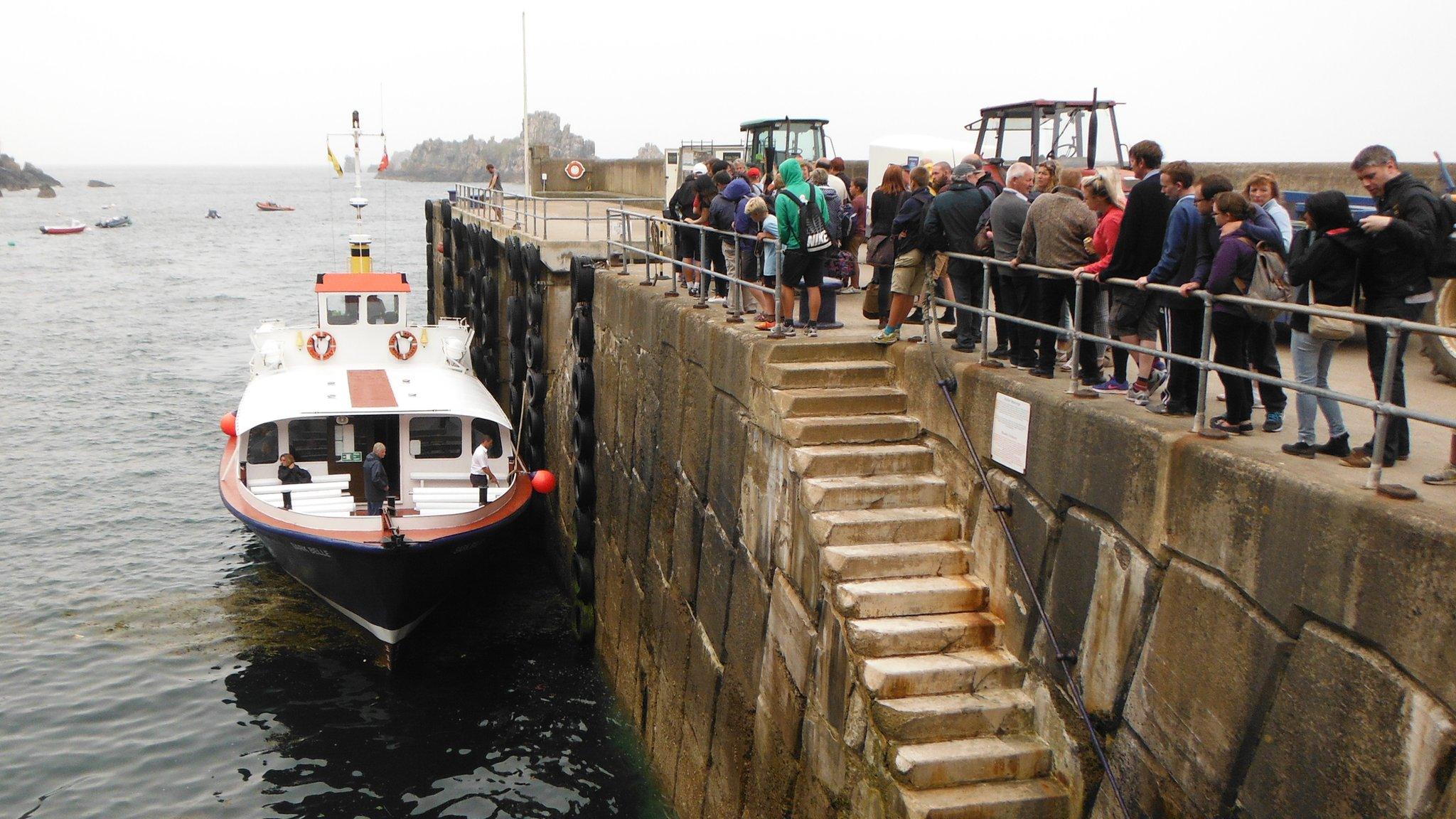Sark electricity crisis: Guernsey 'will provide power'
- Published
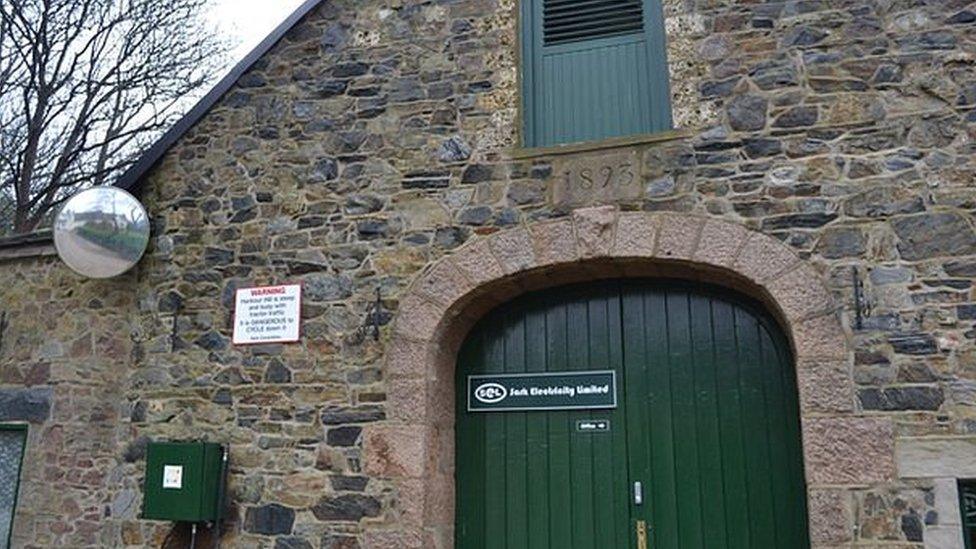
Sark Electricity has been forced to lower its prices, something it claims makes running the business financially unsustainable
Guernsey's government will power Sark should the island's electricity be cut off next month, a politician has said.
Sark Electricity - which powers about 300 properties - maintains it will close after initial negotiations to save the cash-strapped firm failed.
The utility company was offered to Sark's government for a nominal sum, thought to be £1, yesterday.
Chief Pleas rejected the offer, with both parties now welcoming possible assistance from Guernsey.
Sark's sole electricity provider said this week it would stop selling power at the end of November, citing its dire financial situation.
It also claims it can no longer afford to challenge a decision forcing it to reduce prices in August.
Latest news and stories from the Channel Islands.
Guernsey politician Peter Ferbrache told the neighbouring island's parliament he hoped the closure would not go ahead.
"But if it does look as though as it's going to happen, Guernsey's going to have to intervene.
"There's no other way, Guernsey Electricity would have to intervene," said Deputy Ferbrache, who has responsibility for the government-owned utility.
Although self-governing, Sark is closely tied to its larger neighbour, which legislates for the smaller island on certain matters.
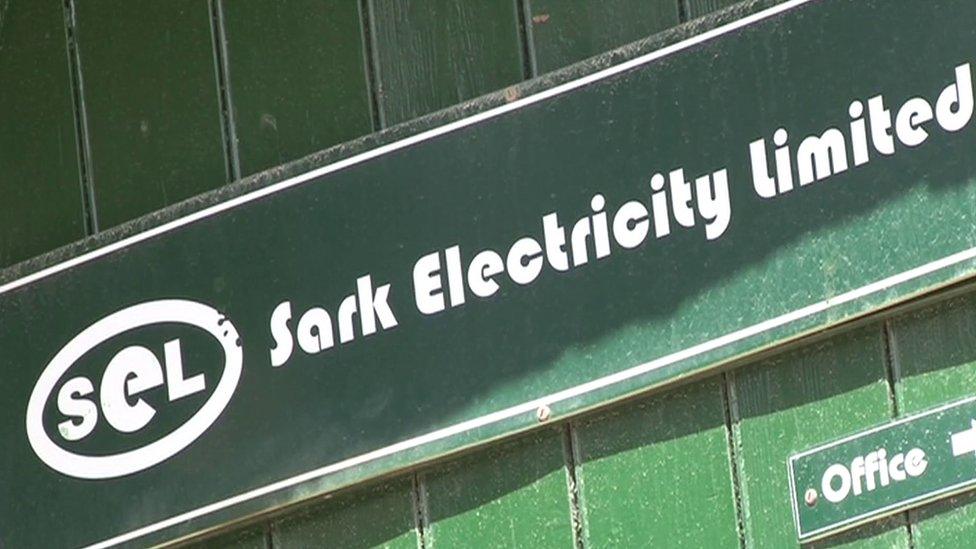
The company has provided electricity to Sark for more than 50 years
In August 2018, Sark Electricity was forced to lower its price by 14p to 52p per kilowatt hour (kw/h) after the island's electricity price commissioner found the cost "neither fair nor reasonable", external.
Despite the reduction, the island's power is still significantly more expensive than in the UK and Guernsey.
Sark Electricity has claimed to be losing £20,000 per month since the price reduction.
After initial negotiations failed on Thursday, the company's managing director insisted turning the power off was the only way to avoid bankruptcy.
"I don't have any option. I desperately want to keep it on but I can't keep it on because it's costing too much money," David Gordon-Brown said.
More detailed plans were needed before Sark's government could commit to buying the company, said deputy chairman of its policy and finance committee William Raymond.
- Published8 November 2018
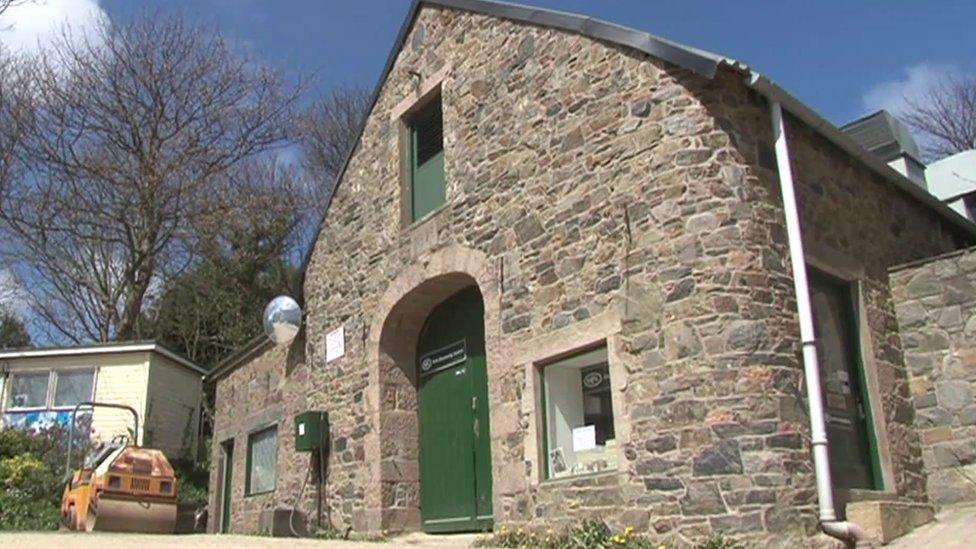
- Published4 October 2018

- Published4 August 2018

- Published25 March 2015

- Published27 March 2015
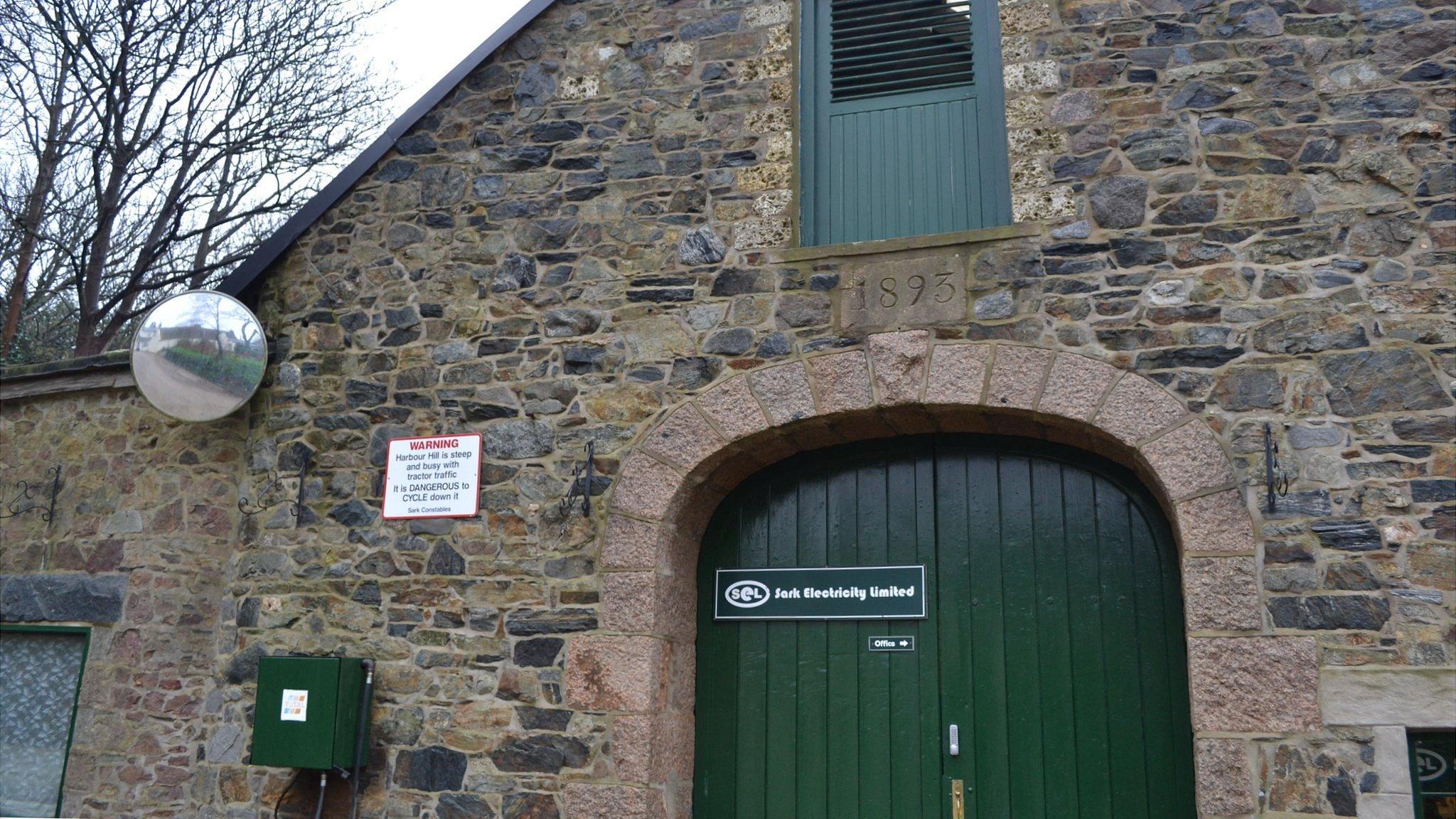
- Published20 November 2015
